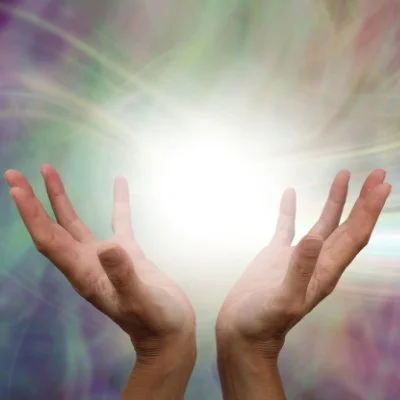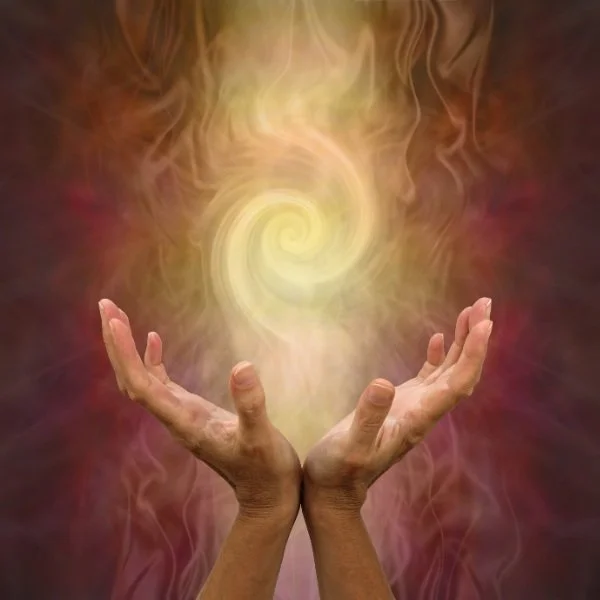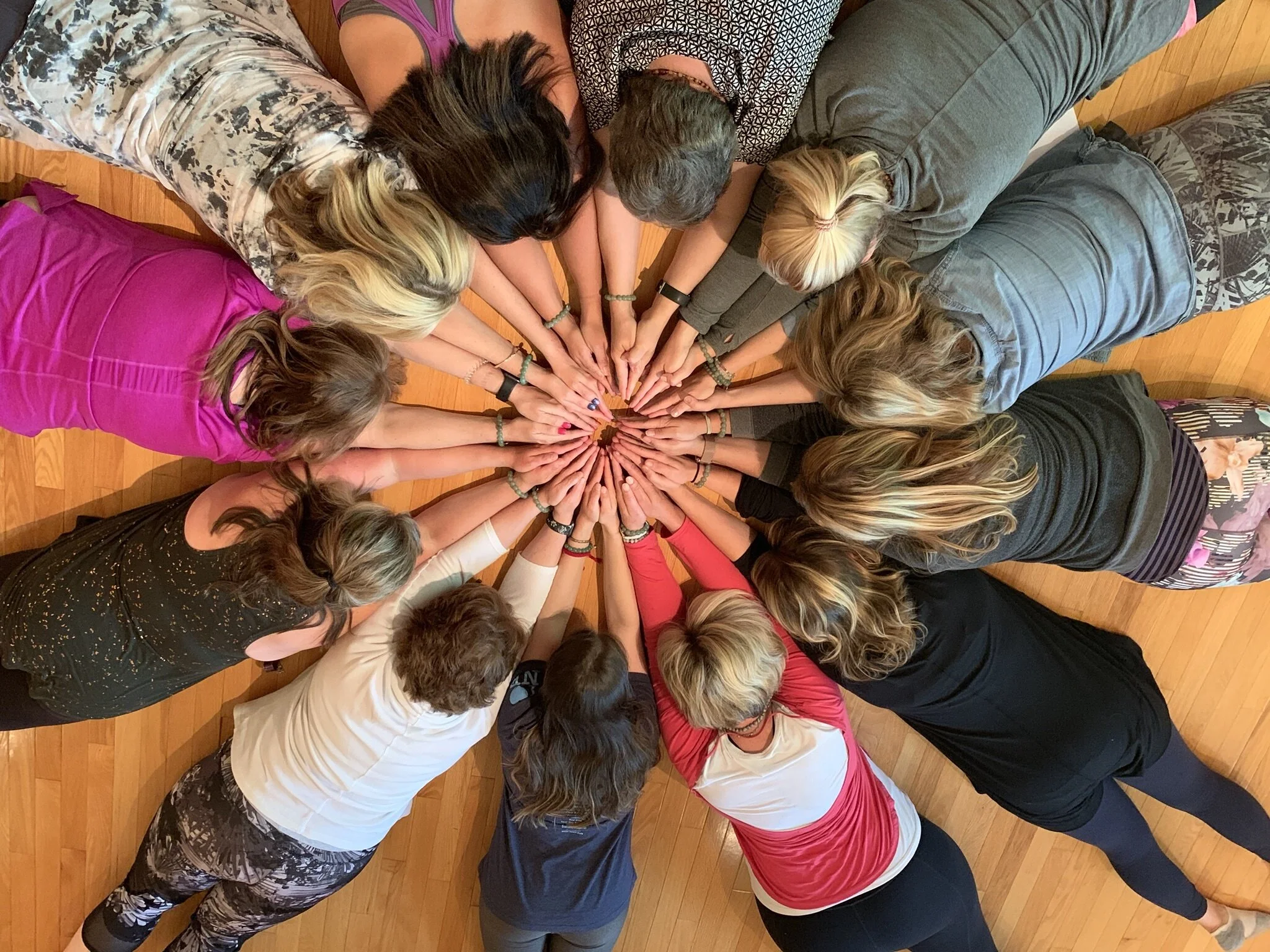True Freedom
/मोक्ष
mokṣa
(mo-ksha)
In July, our minds turn to ideas of freedom and liberation. On July 4, 1776, the Declaration of Independence was adopted, declaring the 13 colonies independent from Great Britain. This was the beginning of what we now know as the United States of America.
The idea of independence gained by freedom from limiting bonds, and leading to new, previously unknown possibilities, is a universal theme that can be explored in many ways. In the case of the Declaration of Independence, the movement was to break from the thoughts and patterns of the Old World and to form a new collective, a new community. In yogic philosophy, this idea is contained within the term mokṣa (mo-ksha). It stems from the Sanskrit word “muk”, meaning “to free”, and has meanings beyond the obvious freedoms of making our own choices regarding how we live our lives as a country of U.S. citizens.
मोक्ष
In yogic tradition, mokṣa means freedom from saṃsāra, the endless cycle of life and death. Hinduism, Sikhism, Jainism, and Buddhism all view the attachments of our physical lives as limits to the ultimate goal - enlightenment. Each has different ideas as to how liberation is achieved, yet the common goal in all is, indeed, liberation – or enlightenment. In the simplest terms, as long as we continue to grasp for the physical comforts, needs, and wants of our earthly existence, we will remain trapped in this cycle of life, death, and rebirth. Each rebirth gives us the opportunity to progress on our spiritual path and come closer to – or possibly achieve – enlightenment through self-discovery.
The Bhagavad Gita, a complex story with 18 chapters of spiritual guidance, ends with its final chapter devoted entirely to mokṣa. Chapter 18 is titled: Mokṣha Sanyās Yog (Union through the Perfection of Renunciation and Surrender). Each of the 78 verses gives specific insight into this one simple idea:
Do your duty, or undertake your actions in life, without attachment to the outcome or the fruits of your labor.
This is certainly not how our Western culture views freedom, is it? The goal of freedom in the modern West stresses the freedom to pursue your dreams, perhaps to achieve the American Dream of more possessions, more thrills, more external stimulation, to be financially successful, to do what we want with our lives however we want to do it within reason. Therein lies the rub and often a skewed understanding of freedom.
Does that kind of freedom give you joy, happiness, deep fulfillment, or even contentment?
Really?
Maybe for a moment, on a certain level, you might feel happy as you enjoy the hard-earned vacation or find contentment in the knowledge that your basic needs are met or find fulfillment in accomplishing an achievement. Yet is that happiness deep and abiding? Is it with you each and every moment, regardless of your immediate circumstances?
Would it be shaken if you lost your job?
Your home?
Your things?
Likely, yes.
However, it is unshakable happiness that is promised with the practices that lead to mokṣa.
That kind of happiness stems from living your dharma (live and act according to your true nature), simply because it is your true calling. Do not seek the rewards that may or may not be a result of the actions, nor avoid the discomforts, because these are temporary. True happiness is found in the infinite. While true mokṣa results in the end of the cycle of life, death, and rebirth – enlightenment – the effects of practicing, and seeking, mokṣa can be experienced in this life.
The conundrum to ponder: If you are practicing non-attachment in your actions, with the goal of enjoying the benefits of liberation, are you really practicing non-attachment?

































